Rajshahi, Sept 20 (V7N) – As dawn breaks along the banks of the Padma River in Rajshahi’s Shrirampur area, a unique spectacle unfolds. Every morning, from 5 a.m. to 8 a.m., a temporary fish market springs to life beside the DC Bungalow embankment, transforming the riverside into a lively, festive gathering.
The three-hour market has become both a crucial source of livelihood for local fishermen and the most trusted place for consumers to buy fresh fish. Throughout the morning, fishermen arrive after a night of casting nets in the Padma, bringing their hauls in baskets. On one side, fish are neatly displayed, while on the other, spirited bargaining takes place as buyers select from a wide variety.
The market atmosphere blends the cool morning breeze, the river’s freshness, and the scent of fish, creating an ambience that attracts not only regular buyers but also visitors eager to experience the scene.
Fishermen offer an array of species, including baghair, guchi, gojar, shol, pabda, chital, rita, mola, tengra, piyali, bacha, patashi, bele, puti, and small prawns. Occasionally, hilsa also appears, adding to the market’s appeal. Prices typically range from Tk 600 to 1,000 per kilogram, depending on size and quality. For an additional Tk 100 per kilo, fish can be cut, cleaned, and prepared on the spot.
Two women, Rima and Poly, who provide this service, said, “Every day customers come, some from far away, just for the Padma’s fresh fish. We cut and clean the fish to make things easier for them.”
Many buyers shared why the market is special. Monirul Haque, a resident of Paba upazila, came with his wife. “Today we bought three kilos. We come here often because Padma fish has a unique taste, free of chemicals like formalin. Prices are lower than regular markets, and the cleaning service saves us time at home,” he said.
Police officer Enamul Haque, shopping with his family, added, “Because of my busy schedule, I cannot always go to markets. Here I bought three kilos at once. Prices are reasonable, and having them cleaned means I can store them in the freezer for a week.”
For younger visitors, the market is also a social experience. Saheb Ali, a student of Rajshahi College, said, “It’s a joy to come here with friends in the morning. We bargain, buy fish, and enjoy the Padma’s fresh breeze together.”
Around 50 fishermen sell at the market daily, with average transactions exceeding Tk 1 lakh each day. For many, it is their primary source of income. “When water levels rise, catches are smaller, but when the river recedes, we get more fish. In winter, hilsa is more common,” said fisherman Jamil Hossain.
Others highlighted the profit advantage of direct sales. “Fishing starts at night,” explained fisherman Robiul Islam. “We prepare in the evening, set out at 10 p.m., and fish through the night. Selling directly at dawn without middlemen means higher earnings, and with no taxes, our costs are lower.”
Although catches vary with the river’s condition, fishermen reported steady earnings. One said he sold 4.5 kilos of gojar for Tk 2,700 at Tk 600 per kilo, while another sold 6 kilos of mixed prawns, tengra, and piyali for Tk 5,100.
The riverside market has quickly become a cherished morning ritual for Rajshahi’s residents. Beyond buying fish, many simply come to enjoy the early sun, the cool air, and the vibrant scene along the Padma, turning this temporary bazaar into a cultural landmark of the city.
END/MRA/SMA/



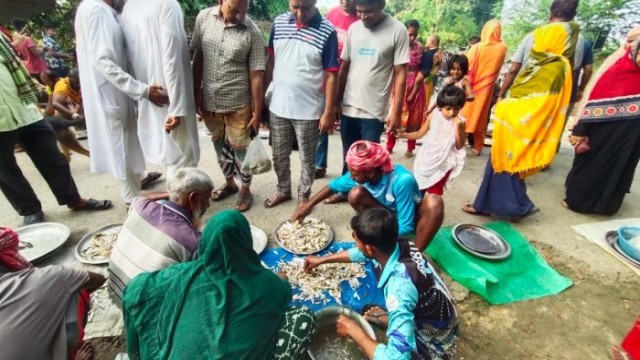
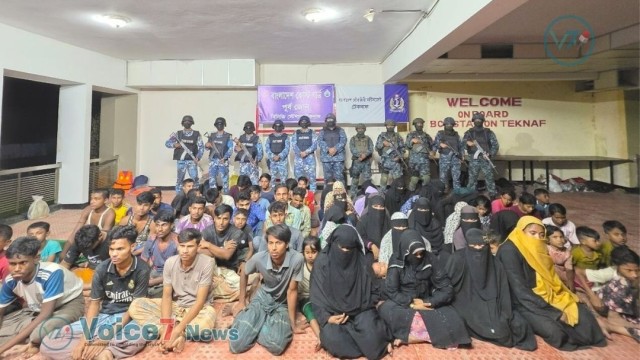
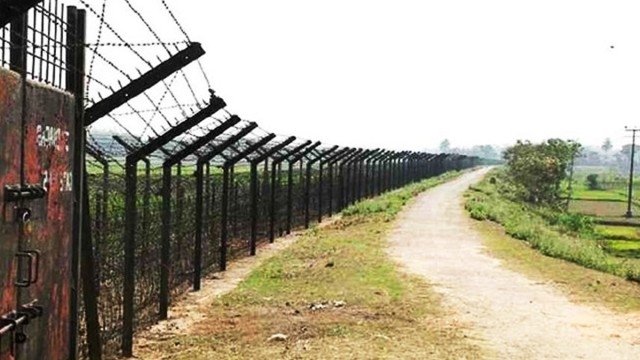
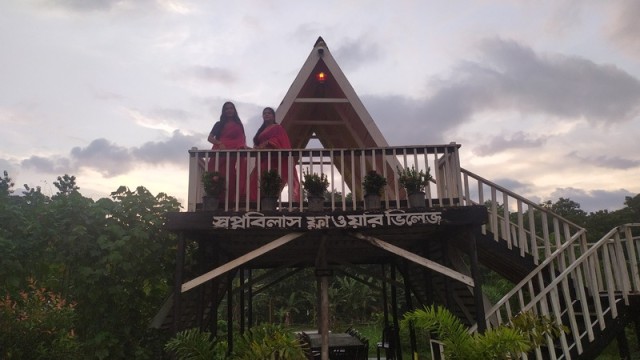

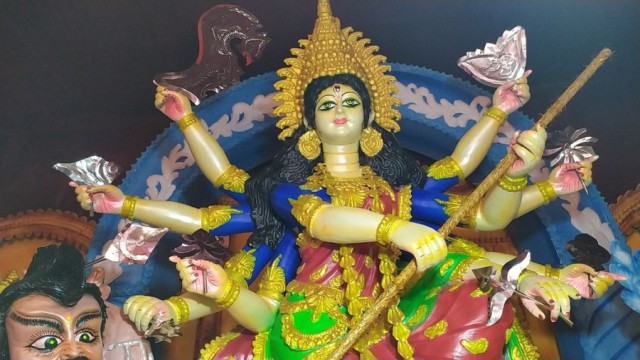




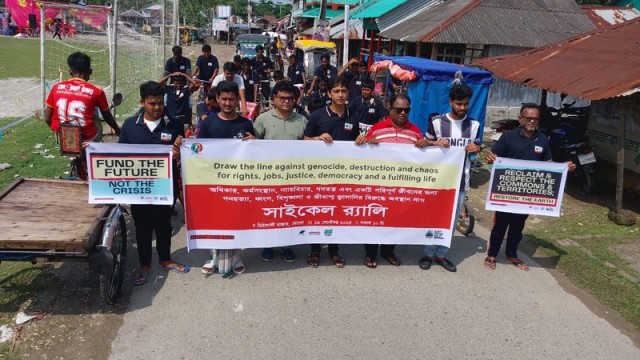

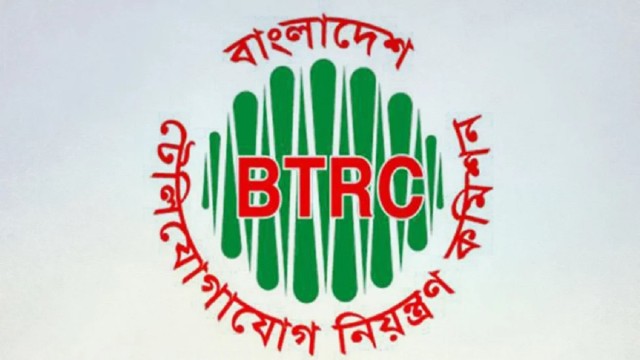



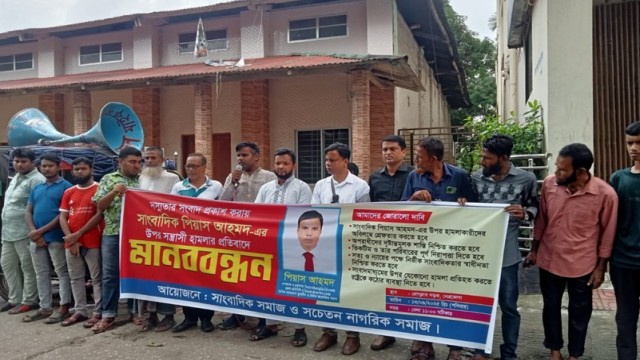





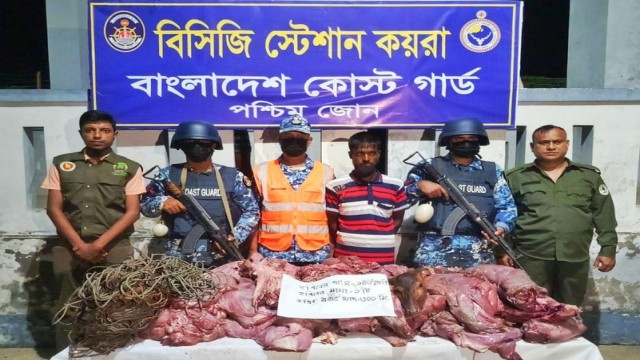



Comment: